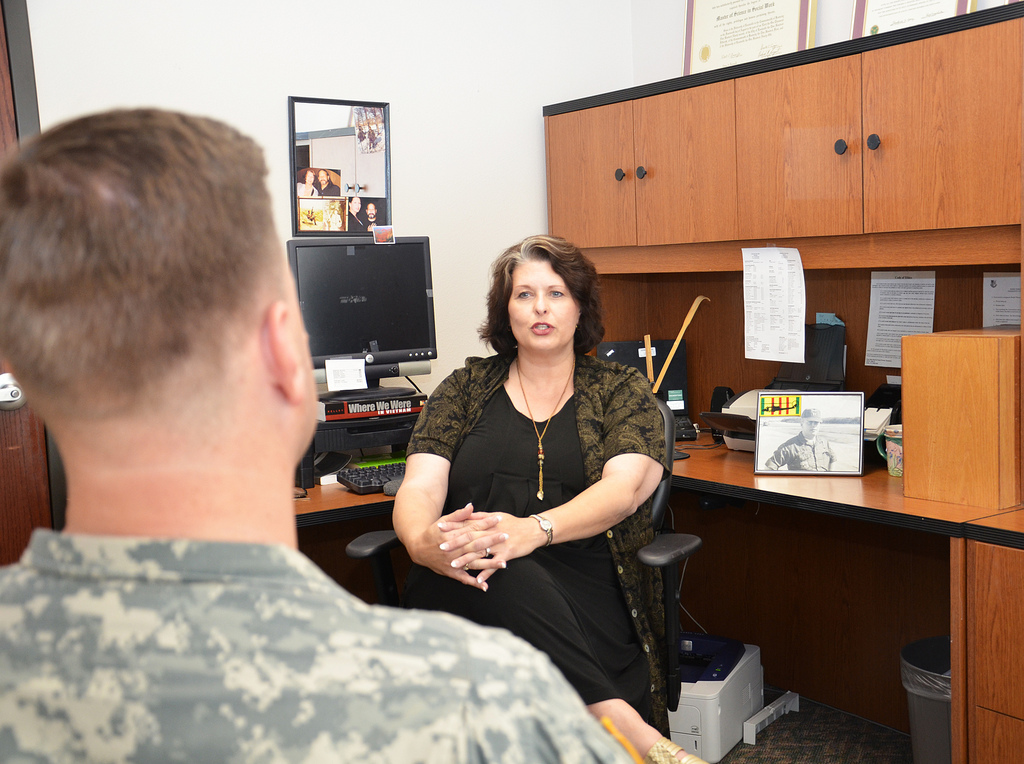Getting a Social Work Job

Studying to qualify as a social worker is a big challenge in itself: you need to find an appropriate course, ensuring that it will actually qualify you to work in the field, not merely in research or as an academic. You need to complete advanced training to fit the particular specialism you’re interested in, as well as getting sufficient practical experience to not just graduate but make yourself an attractive prospect to employers afterwards.
Today we’re taking a look at some of the things you can do to help yourself get a job in social work after your studies. There are upwards of 11% vacancies in the discipline, so there’s no reason not to shoot for exactly the job you want, and not settle for one you don’t.
Preparation
The preparation for getting the right job starts during your studies. We’ve already talked about how important practical experience is for the beginning of your career: you can start acquiring it early. If you have strong ideas about the area you want to be working in, take every opportunity to work in it from day one: if your course demands work placements, use your tutors and schools’ resources to get yourself placements in a related area. For example, if you’re interested in working with recently released prisoners, you’re not going to be an attractive prospect to hire unless you’ve already cut your teeth in this field.
There are plenty of ways to gain work experience outside your studies: begin by looking at charities connected with your area of interest. Don’t just go to national charities: they may well be inundated with offers of help. Local charities still get you vital experience and probably appreciate the help more!
Research
When you’re looking for work, research is vital. Don’t just stick with the standard boards advertising social work positions. If there’s something specific you’re interested in, look for bodies that work in that field, and see if they have vacancies privately advertised. This could be the difference between working in a position that doesn’t do much to excite you and finding your ideal job.
There’s also research to be done prior to an interview. Try to anticipate the relevant social work interviewing questions and make sure your answers are ready to show you off to the best effect. Marshal examples of times you’ve worked with specific people and institutions that are relevant to this vacancy and you’ll be giving yourself the best chance possible!









